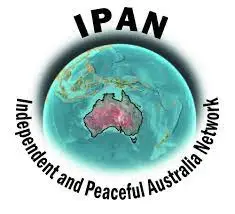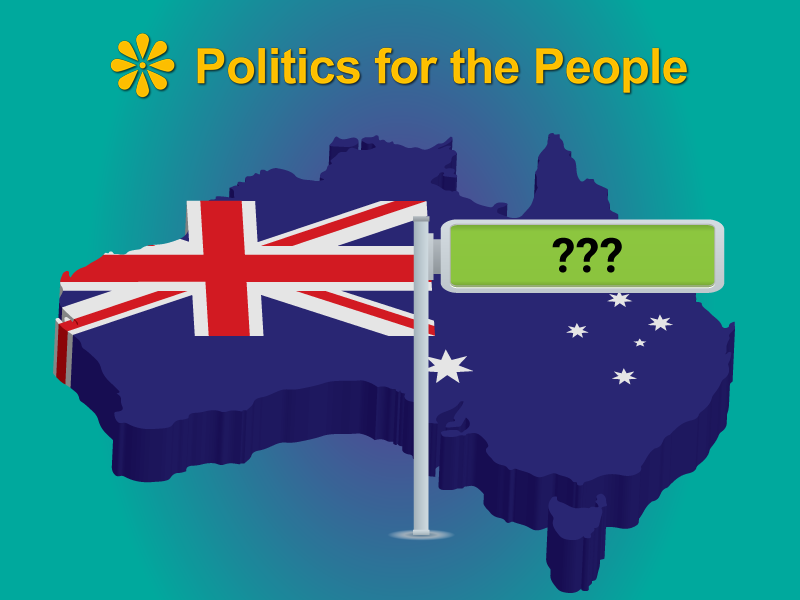Introduction: Unpacking AUSMIN US Influence and Its Implications for Australia
The 2023 AUSMIN talks, a focal point for discussing the AUSMIN U.S. Influence on Australia’s defense and foreign policy, have sparked a national debate about the implications of this partnership.
Critics argue that the decisions made may further entrench U.S. influence over Australian foreign policy and compromise national sovereignty. This article critically examines these developments, the public dissent they have sparked, and their broader implications for Australia’s stance on global conflicts, especially concerning China.
Government’s Approach to US Relations
Bipartisan Support for US Military Integration
Over the years, both major Australian political parties have shown a consistent pattern of supporting increased military cooperation with the United States. This bipartisan support is seen by some as indicative of the AUSMIN U.S. Influence, which they argue is transforming Australia into a strategic outpost for U.S. interests in the Asia-Pacific region.
Public Sentiment and National Disgrace
Dr. Broinowski articulates a growing concern among Australians about the deepening military ties with the U.S., viewing them as a deviation from Australia’s historical stance of strategic autonomy. Recent polls show that a significant majority of Australians, particularly women, oppose involvement in any U.S.-led military conflict against China, favouring a neutral stance that avoids entanglement in great power rivalries.
Detailed Look at AUSMIN 2023 Decisions
Expansion of U.S. Military Presence
The 2023 AUSMIN agreements include plans to significantly increase the U.S. military footprint in Australia. This includes the deployment of more U.S. amphibious troops and maritime reconnaissance planes, which will use Australian facilities as operational hubs.
These strategic enhancements are viewed by some critics as a clear example of AUSMIN U.S. Influence, further integrating Australian military capabilities with those of the United States.
Intelligence and Surveillance Enhancements
A major strategic development from the talks is the establishment of a Combined Intelligence Centre in Canberra by 2024. This centre will embed U.S. intelligence personnel within Australia’s Defence Intelligence Organisation, aiming to foster closer cooperation but also raising sovereignty concerns about the extent of U.S. influence over Australian intelligence operations and decision-making processes.
Australian Public’s Opposition and Peace Advocacy
Resistance to Military Escalation

The resistance against military escalation in Australia is multifaceted, stemming from a wide range of societal concerns, including the moral implications of warfare, the economic burden of military spending, and the strategic risks of becoming entangled in international conflicts. Advocacy groups such as the Independent and Peaceful Australia Network (IPAN) and Australians for War Powers Reform are at the forefront, voicing widespread public dissent against Australia’s deepening military involvement under U.S. auspices.
Public Concern Over Military Spending: One major point of contention is the substantial financial cost associated with increased military commitments, such as the $368 billion earmarked for nuclear-powered submarines under the AUKUS agreement. Critics argue this expenditure comes at the expense of more pressing domestic needs, such as healthcare, education, and infrastructure. This sentiment is bolstered by the economic strain many Australians feel, prompting questions about the prioritization of resources.
Moral and Ethical Considerations: Many Australians are increasingly uncomfortable with the ethical implications of their country being used as a launchpad for potential U.S. military actions, particularly against nations like China with which Australia has significant cultural and economic ties. This discomfort is rooted in a broader desire for peace and stability in the region, reflecting a preference for diplomatic solutions over military interventions.
Strategic Risks and Regional Stability: There is a growing awareness among the Australian public of the strategic risks involved in hosting U.S. military forces. These risks include the potential for Australia to become a target in the event of heightened U.S.-China tensions. The proximity to major trade routes and the economic implications of regional instability further compound these concerns, leading many to question the wisdom of such military alliances.
Advocacy for a Neutral Stance: The push for neutrality is gaining traction, with a significant portion of the population advocating for a foreign policy that avoids taking sides in the escalating tensions between major powers. This stance is supported by historical precedents where Australia has maintained a degree of independence in its foreign policy decisions, which many see as beneficial in preserving peace and promoting national interests.
These diverse strands of opposition coalesce into a powerful movement advocating for a reevaluation of Australia’s defense strategies and foreign policy. This movement not only calls for a reduction in military escalations but also promotes a vision of Australia as a peacemaker in the region, fostering relationships based on mutual respect and cooperative development.
Call for Independent Foreign Policy

The IPAN-led People’s Inquiry in 2022, which asked for views from across the Australian community, underscores a strong desire for an independent foreign policy. The inquiry report criticizes the financial and moral costs of aligning too closely with U.S. military strategies, advocating instead for a policy that promotes peaceful and mutually beneficial relations with all nations, including pivoting towards more diplomatic engagements with China and other regional powers.
Conclusion: Reflecting on Australia’s Strategic Choices
The aftermath of AUSMIN U.S. influence 2023 serves as a critical reflection point for Australia’s strategic direction. As Australia evaluates its role on the international stage, it faces the dual challenge of keeping its alliances while also honouring the sovereign will of its people, who increasingly demand a peaceful and independent foreign policy.
FAQs About AUSMIN 2023 and Australia’s Sovereignty
– What is AUSMIN? AUSMIN stands for Australia-United States Ministerial Consultations, an annual forum for high-level dialogue on policy and defence cooperation between Australia and the U.S.
– How does the U.S. influence Australian defence policies? Through strategic agreements and defence collaborations set up in forums like AUSMIN, the U.S. significantly shapes Australia’s defence posture and capabilities.
– What are the public opinions on Australia’s involvement in potential conflicts? Many Australians express strong opposition to involvement in conflicts, particularly against China, advocating for a neutral stance that prioritizes peace and regional stability.
Question for Readers
How should Australia balance its strategic alliances with the U.S. against public calls for neutrality and peace? What steps can be taken to ensure Australian sovereignty in foreign affairs?
Call to Action
Stay informed about Australia’s defence and foreign policy decisions. Participate in public discussions and support policies that reflect the public’s desire for an independent and peaceful Australia. Share this article to encourage a broader conversation on these crucial issues and to promote a more informed public dialogue.

